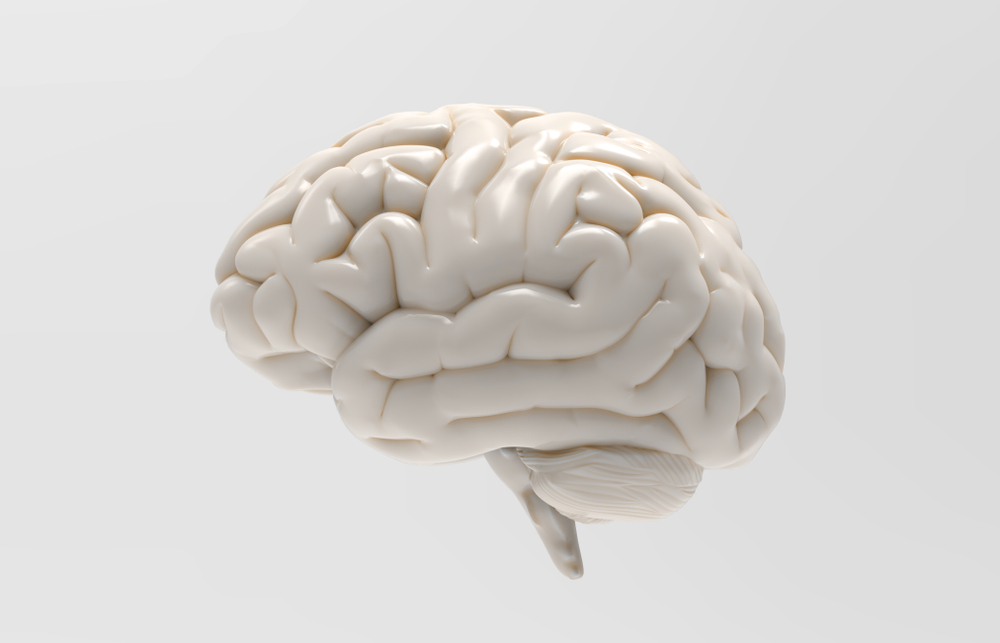Mental wellness is as crucial as physical health, especially in today’s fast-paced world. It involves nurturing your emotional, psychological, and social well-being, directly impacting how you think, feel, and act. Maintaining mental wellness is vital for coping with the normal stresses of life, working productively, and realizing your full potential. This article will explore various strategies to support mental wellness, focusing on stress management, cognitive exercises, and the importance of social connections.

Understanding Mental Wellness
Mental wellness is not merely the absence of mental health issues but a state of overall well-being. It’s about having a positive sense of how we feel, think, and handle challenges.
Strategies for Supporting Mental Wellness

- Stress Management Techniques:
- Mindfulness and Meditation: Regular practice can help reduce stress and improve your overall emotional state.
- Breathing Exercises: Techniques like deep breathing or guided breathing exercises can calm the nervous system and reduce stress levels.
- Physical Activity: Exercise is not only good for the body but also beneficial for the mind. It releases endorphins, which are natural mood lifters.
- Cognitive Exercises for Mental Agility:
- Brain-Training Games: Puzzles, crosswords, and memory games can help keep the mind sharp.
- Learning New Skills: Taking up a new hobby or learning a new language can stimulate the brain and improve cognitive function.
- Reading and Writing: Engaging regularly in reading and creative writing exercises can enhance mental agility and imagination.
- Nurturing Social Connections:
- Maintaining Relationships: Spend time with family and friends. Social interactions can improve your mood and provide a support system.
- Community Involvement: Participating in community activities or volunteering can provide a sense of purpose and connection.
- Support Groups: Joining groups with similar interests or experiences can provide a sense of belonging and shared understanding.
- Healthy Lifestyle Choices:
- Balanced Diet: Eating a diet rich in essential nutrients supports brain health and overall well-being.
- Adequate Sleep: Quality sleep is vital for mental health. Establish a regular sleep routine and create a restful environment.
- Limiting Alcohol and Avoiding Smoking: These substances can have negative effects on mental health.

Cultivating mental wellness is a dynamic process of growth and adaptation. Through effective stress management, cognitive exercises, strong social connections, and healthy lifestyle choices, you can significantly improve your mental health. Remember, it’s okay to seek professional help if you’re struggling. Taking care of your mental wellness is an integral part of living a fulfilled and balanced life.
Up Next
In our next article, we’ll delve into the world of herbal remedies and their role in natural wellness. From the common cold to stress relief, we will explore how various herbs can be used to support health and well-being, along with tips on how to incorporate these natural remedies into your daily routine. Join us as we discover the power of herbs in promoting a healthy, balanced lifestyle.

